Two years after her release from jail, the journalist has written a book about her time in one of Erdoğan’s prisons
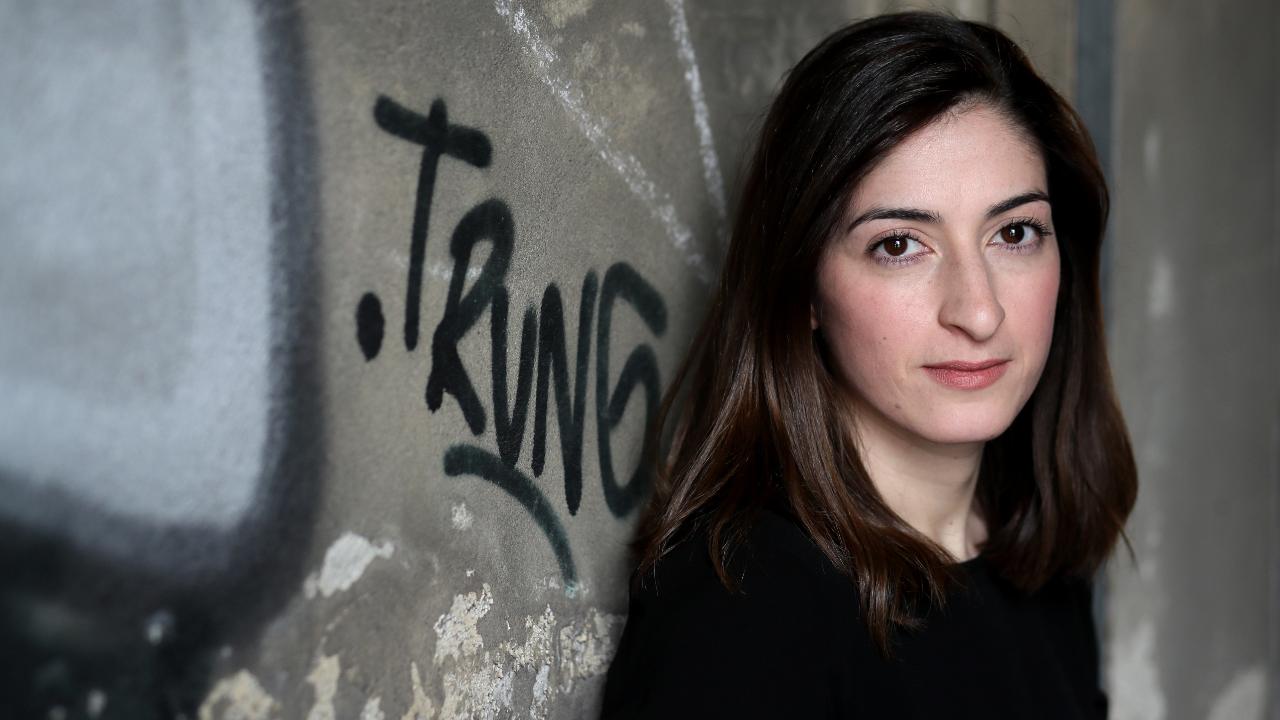
The German journalist Meşale Tolu (35) spent eight months in Bakırköy, a women’s prison in Istanbul. Her son Serkan (then 2) was living there with her for five months. At the exact same time, her husband Suat Çorlu was in a high-security prison in Silivri (near Istanbul). He has been accused of spreading terrorist propaganda and being a member of a terrorist organization: Recep Tayyip Erdoğan (65) is known to make these allegations towards those he wants to silence.
Tolu has now written a book about her dramatic time in prison, which was published by Rowohlt and is called: “Mein Sohn bleibt bei mir – Als politische Geisel in türkischer Haft – und warum es noch nicht zu Ende ist” (My son remains with me – As a political hostage in Turkish custody – and why it is not over yet). BILD met up with her for an interview.
BILD: Ms. Tolu, you spent eight months in Turkish custody. What was the most painful moment you had to look back at for your book?
Meşale Tolu: The saddest moments were those when I had to think back on how I was separated from my son and I didn’t know what had happened to him. It’s been two years now and I thought, I should be fine – but I’m not.
On the night of April 30, 2017 an anti-terrorist commando broke into your appartment in Istanbul, took you with them and left your 28 months old son behind. Have you been able to sleep calmly through the night again?
Tolu: When I was released from prison in Istanbul, but wasn’t allowed to leave the country, I didn’t sleep through the night. It has been better since I’ve returned home. I know that I’m safe in Germany.

Your son Serkan is now four years old. Has he been able to sleep calmly again?
Tolu: Yes! Everything got better since we got back to a daily routine. He has forgotten a lot of things. He goes to a preschool and has a normal life.
What does your new life look like?
Tolu: Every morning, I take Serkan to his preschool, in the afternoon I take him to a sporting activity or swimming. I am trying to work as a journalist again. My husband commutes between Germany and Turkey. And when he is around, it feels as if we were a regular family.
Serkan spent five months with you in Turkish custody. What gave you the idea to bring your child to prison?
Tolu: During the first few weeks of my arrest I was sure that Serkan must be sent to my family in Germany. But after I was transferred from my solitary cell to a communal cell, where I experienced a lot of support, I changed my opinion. It was a pivotal moment for me when I heard that Serkan wasn’t doing so well, as I had been told up to this point, because he missed me so much. He was completely distraught.
How does everyday life in prison change in the presence of a little child?
Tolu: Initially, there were 16 women in my cell, later the number rose to 26. None of them had children. Before he arrived, every day was pretty much the same. Therefore, they were happy with the distraction Serkan provided. Time flew by for everyone. Only after he was allowed to leave the prison over and over again to visit his father in a different prison, he realized that life’s better outside. Then he wanted to leave.
After five months, your son decided that he did not want to stay in prison with you anymore.
Tolu: It truly was his decision. At the beginning, he didn’t even want to stay in the cell without me. But when he realized that I was always coming back, because I couldn’t leave the prison, he became more confident. It reassured him and he knew: “My mom can’t get out of here. I will always find her.”
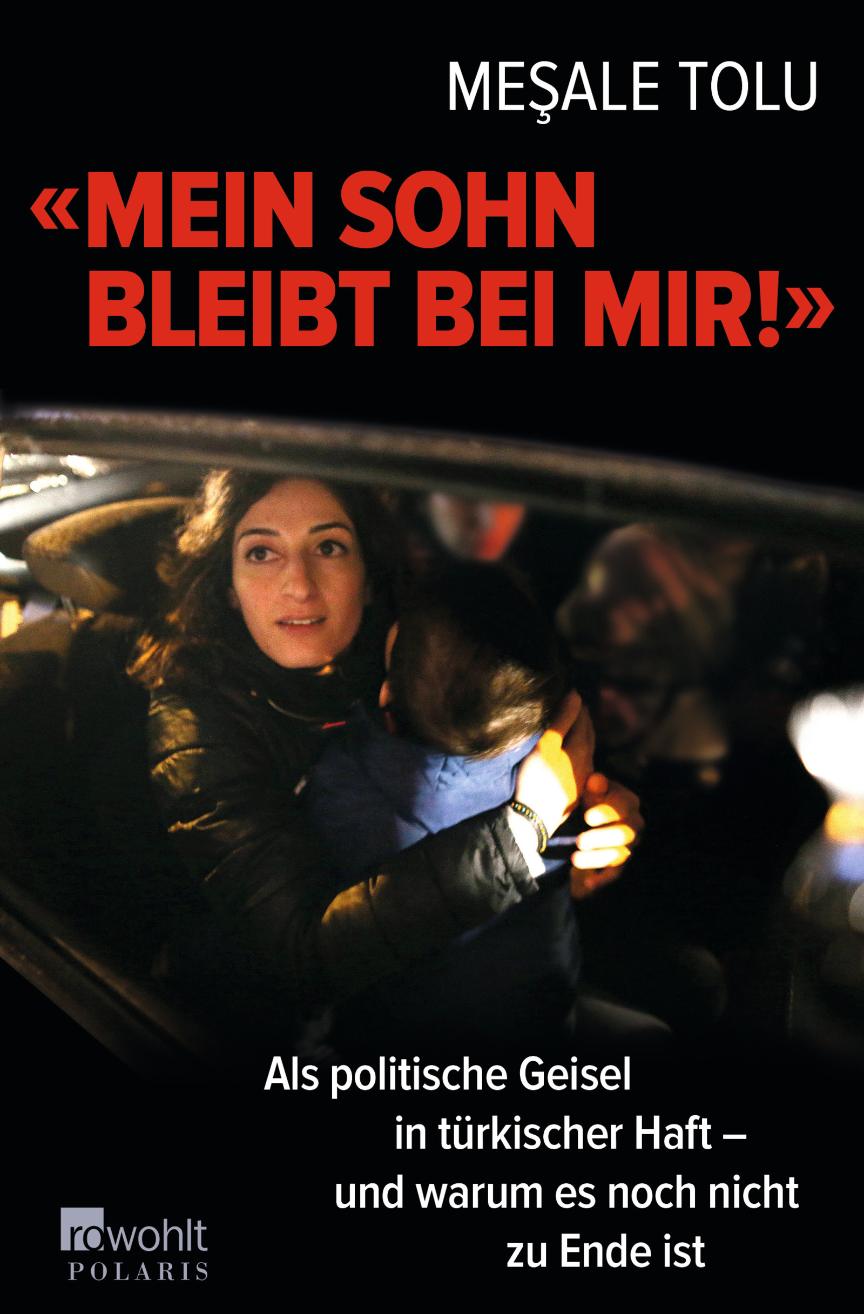
What did Serkan learn in prison?
Tolu: He was two years old at the time. We had stopped the habit of using diapers and pacifiers. In prison, everything got mixed up. Until then he had only spoken German. In prison, my son learned Turkish perfectly. The other prisoners taught him Turkish songs and dances. He wasn’t familiar with any of them before.
How do you explain to a child what prison really means?
Tolu: It’s hard to explain the punishment when you know you’re innocent. I told him that prison is a place that we didn’t choose. I told him: “I am here, but I don’t want to be here. I would have never left you behind voluntarily and we will return home one day.” Serkan saw how the men took me away. So he understood that these weren’t normal circumstances.
What gave you strength in prison?
Tolu: When you begin to realize how time flies without a spark of hope, you fall into a depression. After a while, however, I received a lot of mail. Cards, in which strangers told me their stories. I noticed that although the government was trying to isolate me, strangers were opening up to me. It made me strong. I was hopeful, because people from Germany weren’t afraid to reveal their names and addresses, even though everything in prison was scanned and archived.
You are a German citizen. Did you feel abandoned by German politicians?
Tolu: No. The German embassy hadn’t been informed of my arrest for a long time. Requests for a visit had been denied. I didn’t know that my name was known in Berlin. I didn’t know that journalists had asked the federal government what would become of me. I didn’t have any expectations towards the federal government. I never wanted an exchange or a different treatment. I just wanted to exercise my rights.
Your lawsuit continues in Turkey. How much longer will it last?
Tolu: My lawyers assume that the lawsuit will end by the end of next year. The content hasn’t changed. And although I don’t believe in the Turkish legal system, I want an acquittal. I want the freedom to be able to travel to Turkey. I want the freedom to travel whereever I wish.
Are you still in touch with the women from your cell?
Tolu: I have visited them a few times after my release. Now I am writing letters to them.
After you returned to Germany, you went back to Turkey to attend your trial. Why?
Tolu: I wanted to show solidarity with my colleagues whose suffering is being ignored. Also, during this trial, the ban on leaving the country had been lifted for my husband. Later he was able to join us in Germany.
You book’s subtitle is “As a political hostage in Turkish custody – and why it is not over yet”. Why is it not over yet?
Tolu: Because there are still journalists, lawyers and academics in Turkey who have been charged and are being persecuted. The story is not over until the political situation has changed.
Can you ever imagine to live in Istanbul again?
Tolu: I would love to live in Istanbul again. I love the city and the entire country.
Does the German government have to change its policy towards Turkey?
Tolu: Turkey is not a reliable partner. Erdoğan’s politics are inhumane and violate human rights. The AKP has implemented many rules that they fail to abide by. The results of the local elections are being appealed, although the AKP has always said that an election outcome reflects the will of the people. The German government needs a democratic partner and should not make its decisions from an economic point of view.
Do you believe in a Turkey without the AKP government and Erdoğan?
Tolu: This kind of Turkey once existed and I firmly believe that it will happen again. However, I also know that it won’t be easy once the AKP and Erdoğan disappear at some time in the future. All institutions have been undermined and equipped with his cadres. Turkey has a long road ahead to democracy.

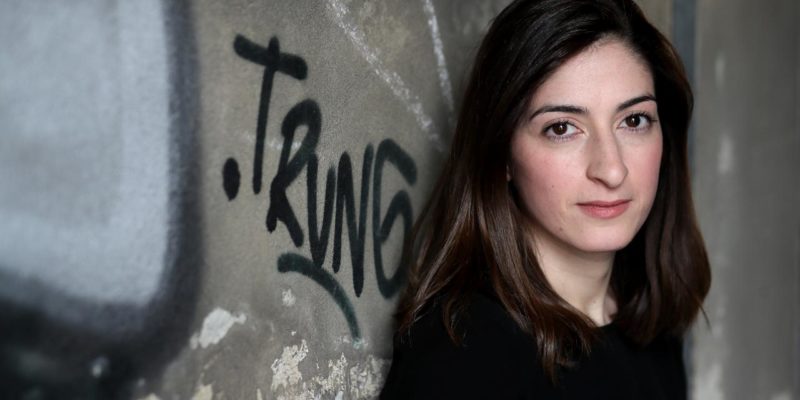



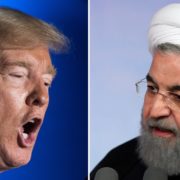
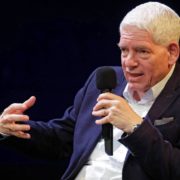
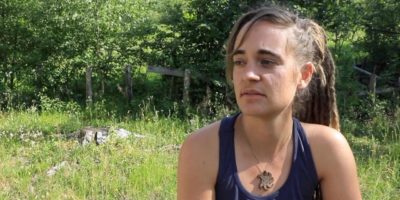







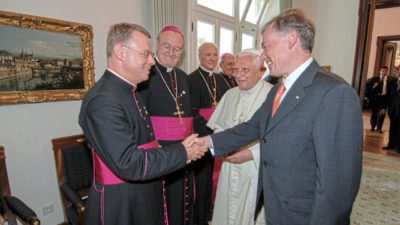

Comments